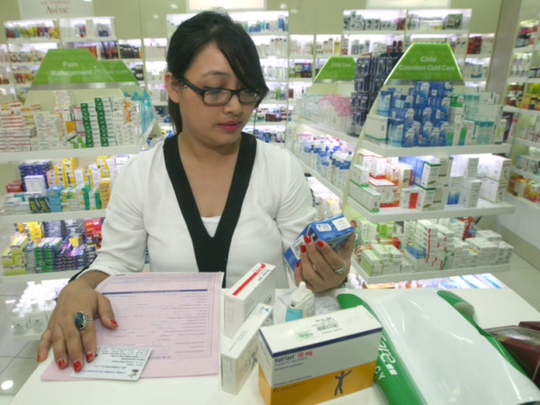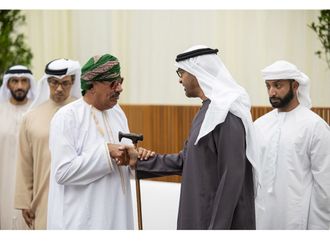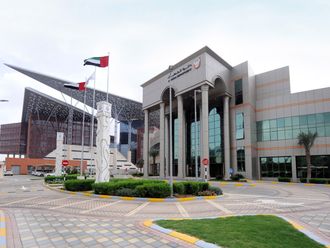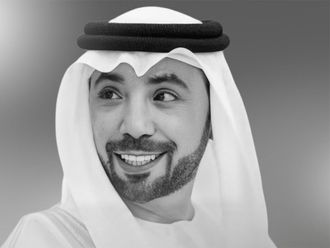
Dubai 2015 has kicked in and it’s raining best wishes everywhere. Hope springs eternal and residents are looking forward to a truly happy New Year. But just what do the months ahead have in store? How will they impact key areas like employment, tenancy, health, residency and education? Will life in the UAE get any easier – and cheaper? Here are some answers as XPRESS takes stock.
Jobs and salary rises
1 According to the UAE Economic Outlook Forum, the years leading up to Dubai Expo 2020 will generate more than 277,000 jobs, some of which will come about in 2015. Sectors driving growth include trade, real estate, manufacturing and services. A US-based HR firm which surveyed 177 organisations in the UAE has predicted an average salary increase of 4.8 per cent in 2015, up from 4.6 per cent last year. The estimate is lower than the six-nation GCC average of 5.1 per cent. Government is expected to rein in inflation to keep people’s purchasing power high. But the UAE Economic Outlook 2015 report has projected that households may anticipate low future oil prices and lower income, resulting in curtailed spending this year.
Tenancy
2 Realtors predict that rents in Abu Dhabi and Dubai will remain stable in 2015 as demand for residential units will meet supply. Though rents in Dubai have peaked with prices going up 50 per cent in the last two years, the last quarter has seen a levelling, even slight fall, in some pockets. Discovery Gardens, International City, Dubai Sports City and Emirates Living have seen a softening since October. Asteco Property Management says Dubai will add 30,000 new homes in New Dubai in two years, making rents more affordable. In old areas like Bur Dubai and Karama too, rents will remain stable.
Following the rent cap removal in Abu Dhabi last year, landlords hiked rents. But the second half, saw rents settling at a more ‘sustainable level’ as tenants negotiated good prices with landlord. This trend is expected to continue in 2015. Investment firm JLL, Abu Dhabi will see 18,000 new residential units added in the next two years.
Health
3 While no major changes are expected in the capital’s insurance scenario, prices are expected to drop in Dubai as companies compete to provide the best basic insurance packages for dependents under the newly introduced mandatory coverage. Dubai Health Authority has assured residents that these premiums will be under Dh1,000. Those whose employers do not cover families will have till mid-2016 to get these packages for their dependents.
Wider implementation of mandatory insurance will mean more people will access quality healthcare in Dubai. Private hospitals, clinics and polyclinics, will also not be able to arbitrarily raise the prices of healthcare services, thanks to a new regulation that caps the price increase at 4.22 per cent. The UAE as a whole will see more hospitals and clinics coming up during the year.
Residency
4 With mandatory insurance being linked to the visa, will the visa costs go up? Can a dependent without insurance renew or get a new visa in 2015? DHA says the changes will be effected only after the 2016 deadline.
For now, the visa fees and fines introduced in August 2014 will continue into the New Year. Residents will also be able to apply for UAE visas using the Immigration’s new smart services in both Abu Dhabi and Dubai. The app, which covers several types of visas, is connected to a database containing the applicant’s information. The software will automatically check for the accuracy of the data and recommend changes, if any. Upon approval, the visa will be delivered to users to the specified location. More details are available at http://www.moi.gov.ae
Education
5 Dubai residents will be spoilt for choice when it comes to choosing a school for their children. Online consultancy www.whichschooladvisor.com says the launch of 11 new schools with 23,000 additional places in Dubai will be a game-changer as schools will vie with each other to attract students. They will abide by Knowledge and Human Development Authority’s sliding register and not arbitrarily raise the fees. On the contrary, an oversupply situation will see many of them offering discounts and incentives. In Abu Dhabi, the admissions hunt in seat-crunched schools is underway, with demand still falling short of supply. Lack of affordable schools with annual fees below Dh20,000 gives parents very little choice. Beginning this year, Abu Dhabi Education Council has also stipulated that all the 185 private schools in the emirate establish a board of trustees of teachers and parents to ensure better governance.
-With inputs from Anjana Kumar, Staff Reporter












